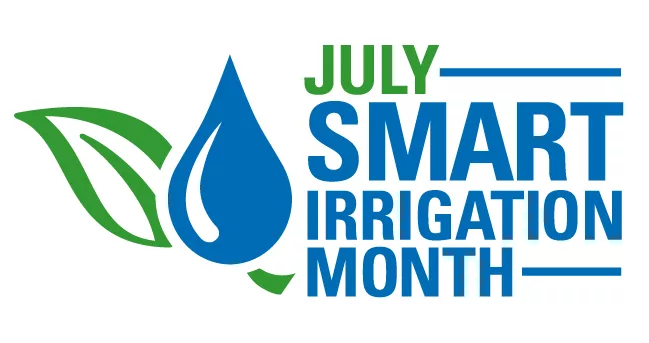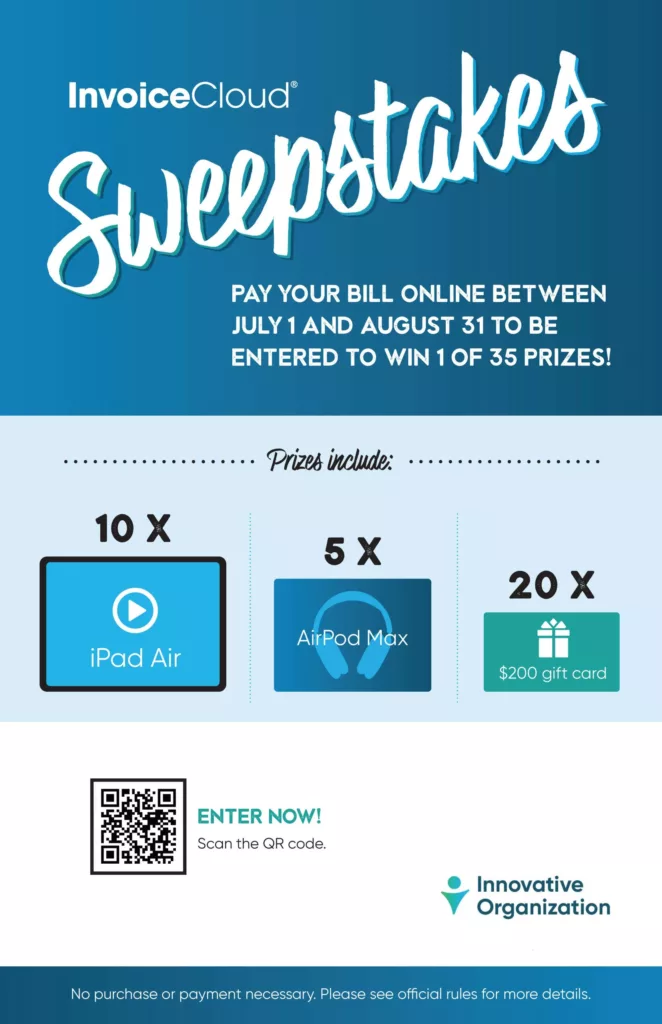
It’s finally summertime, and outdoor activities have begun. Residents of Georgetown are tending to gardens, washing cars, and filling up swimming pools. However, these activities can be the culprit of contaminated drinking water due to cross-connections.
The Georgetown Water Department and Utility Director Marlene Ladderbush would like to inform residents of the dangers of cross-connections and backflow, and provide advice on how to prevent your drinking water supply from becoming contaminated and harming you, your family, and your neighbors.
What are cross-connections?
A cross-connection is a potential or actual physical connection between drinkable water and non-drinkable water or hazardous materials, such as soapy water, pool (chlorinated) water, pesticides, etc.
Cross-connections can happen when you perform any of the following activities with a garden hose:
- Watering lawns, flower beds, and gardens
- Washing cars, houses, and pets
- Filling pools, hot tubs, ornamental fountains, and fish ponds
- Applying liquid fertilizers, pesticides, and herbicides
- Anything where a hose may be exposed to liquid not suitable for drinking
The connection between the potable and non-potable water can contaminate your drinking water supply if backflow occurs.
What is backflow and how does it occur?
Backflow is an undesirable flow of water or other items back into the hose, pipe, or faucet, rather than to its intended destination, like your garden or pool.
If the water pressure in your house drops – which can be caused by nearby firefighting or a water main break, for example – it can cause the hose to suck in water. Anything that is connected to your hose (be it liquid, solid, or gas) can flow back – “backflow” – into the distributing pipes and your drinking water supply.
If your family consumes or bathes in contaminated water, it can cause serious health problems, or even death. It is imperative to avoid cross-connections and backflow to keep your family safe.
How do I prevent backflow?
The Georgetown Water Department would like to share tips to help residents prevent backflow from contaminating drinking water:
- Always install a hose bibb vacuum break (HBVB) on every outside faucet connected to your home. It is a low-cost device that is available at your local hardware store, and can be an easy way to help prevent backflow. The HBVB acts as a barrier to ensure that no harmful materials are drawn back into your drinking water system through your hose. But
it is important to remember that the best way to prevent contaminating your drinking water supply with backflow is to always avoid cross-connections.
- To avoid cross-connections, never submerge your garden hose in a bucket, pond, pet water dish, or fish tank, etc. Allow a two-inch air gap between the mouth of the hose and the object to which you are distributing water, and closely monitor the flow to ensure that a connection between the potable water and non-potable water does not occur.
More information on how to keep your garden hose and/or irrigation system safe can be found here.
For any questions regarding cross-connections or backflow, and how to prevent them, please contact the Georgetown Water Department at 978-352-5750.
Join the Georgetown Water Department is marking the 9th annual Imagine a Day Without Water
 Smart Irrigation Month, which occurs every July, was started in 2019 to spread the word about smart irrigation options and appreciating their benefits.
Smart Irrigation Month, which occurs every July, was started in 2019 to spread the word about smart irrigation options and appreciating their benefits.  Customers who use online billing will have the chance to win prizes through InvoiceCloud’s annual sweepstakes starting July 1.
Customers who use online billing will have the chance to win prizes through InvoiceCloud’s annual sweepstakes starting July 1.